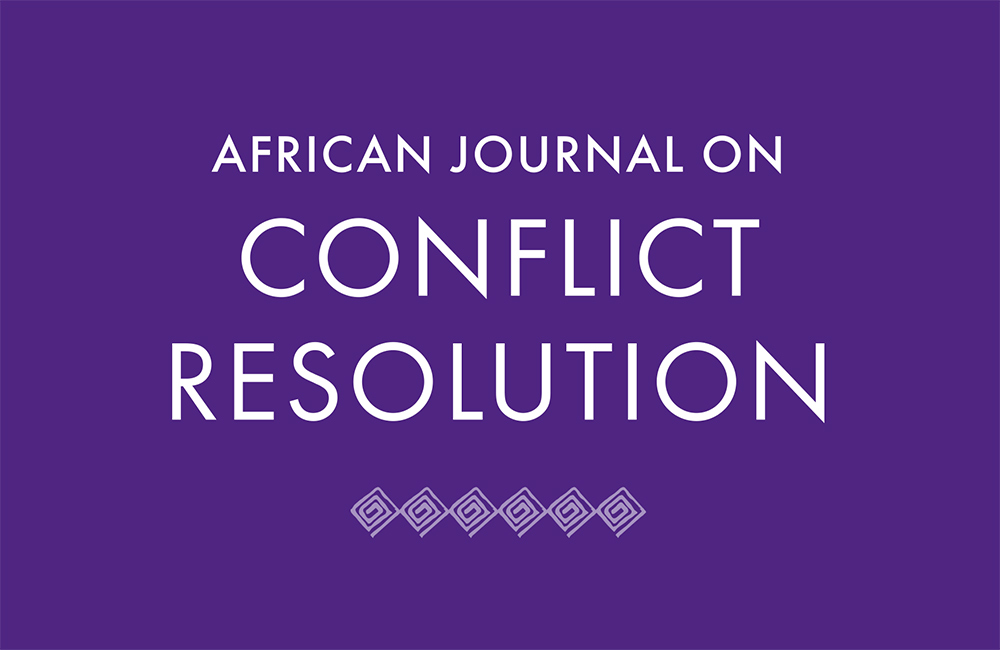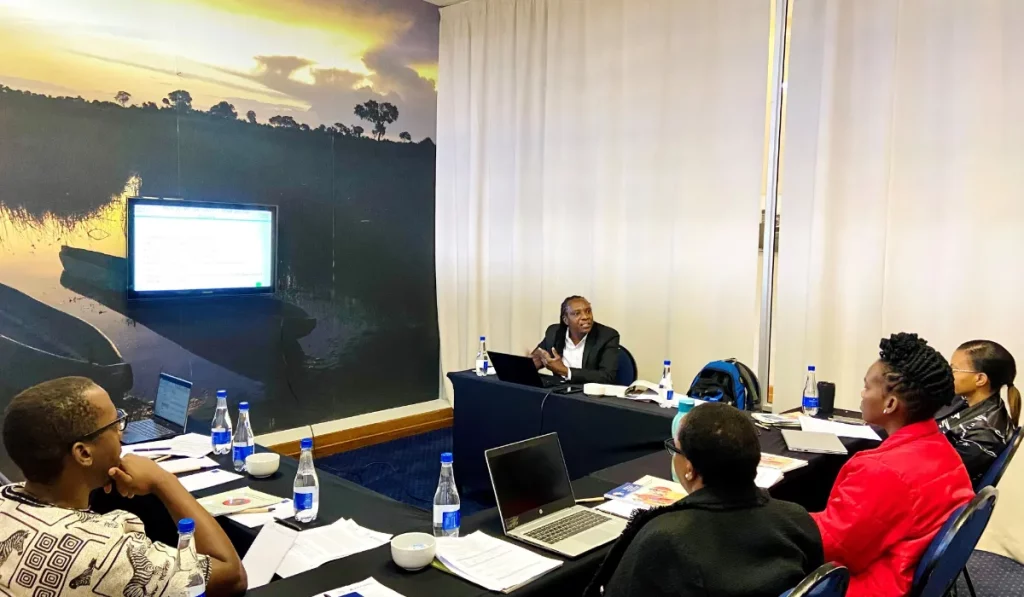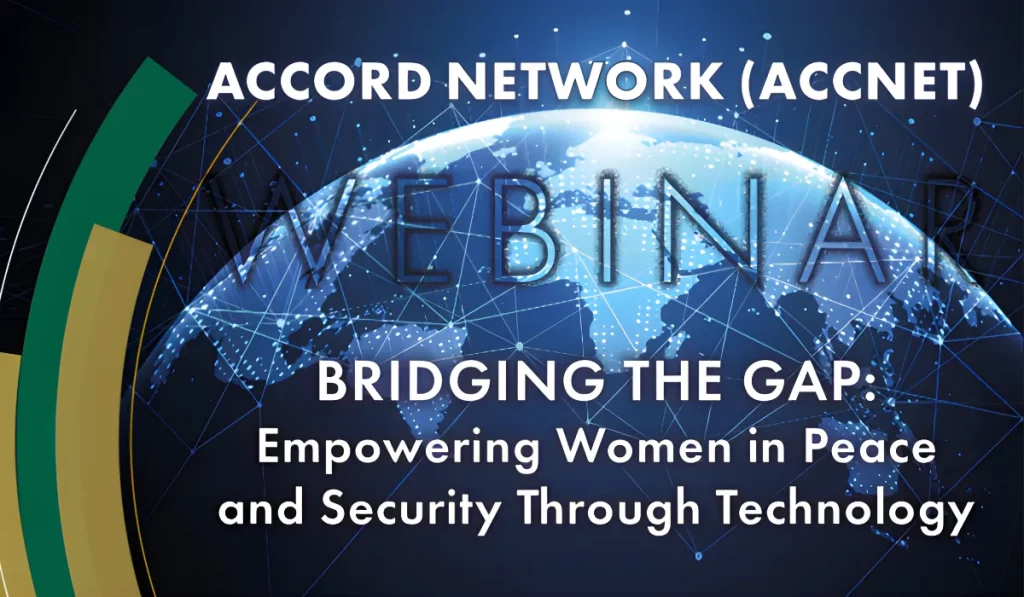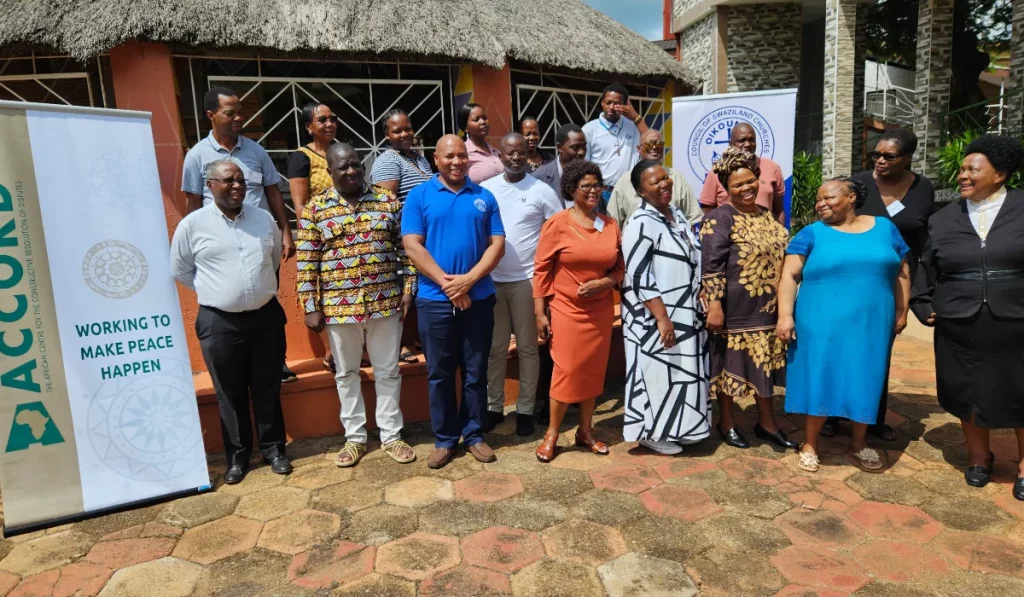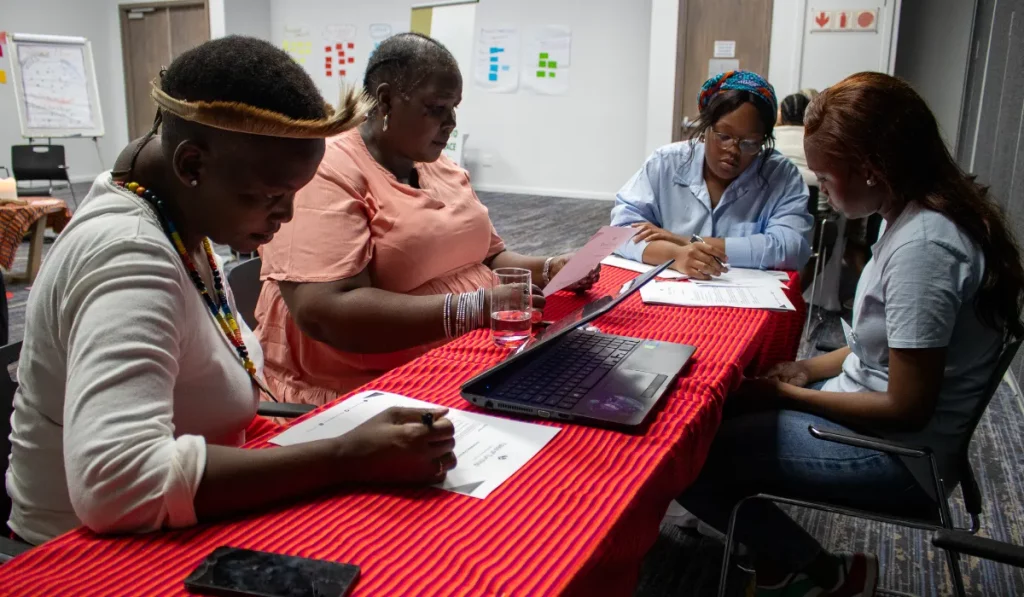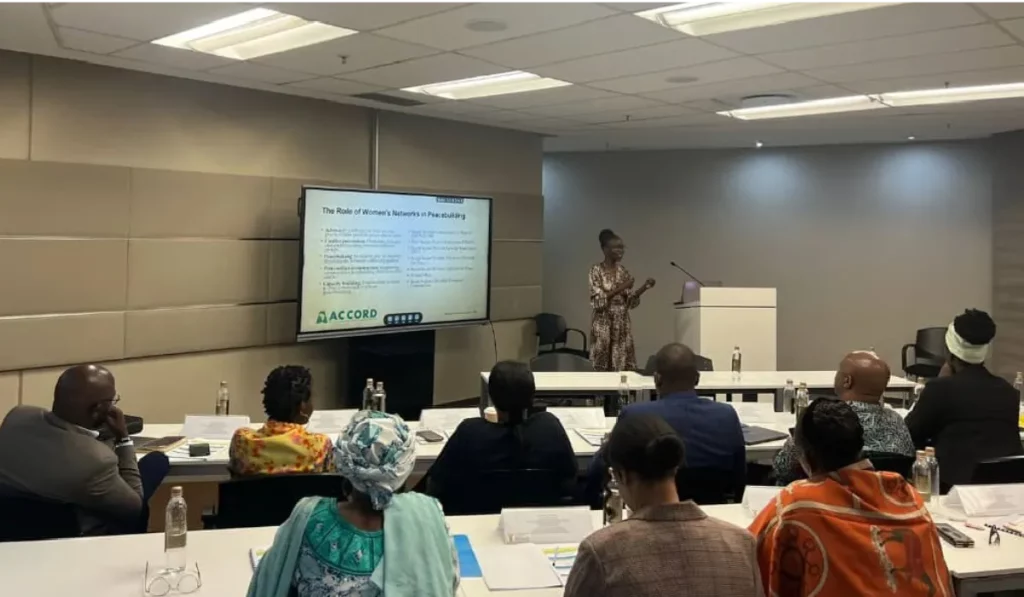As South Africa celebrates 20 years of democracy, it is timely to recall some of the individuals and initiatives that helped to prompt the end of apartheid. Professor H.W. van der Merwe, described by the media as the man “who brings South Africa’s enemies together”, facilitated the first clandestine meetings between the ANC in exile and supporters of the South African government, the famed ‘Lusaka meetings’. These meetings were unprecedented, and prohibited within South Africa. Professor van der Merwe gathered academics including Willie Esterhuyse and Sampie Terreblanche to begin talking to the ANC in exile. This year also marks the 50th anniversary of the inception of H.W.’s academic career as a lecturer and senior lecturer at Rhodes University in Grahamstown in 1963. Most of H.W.’s career, however, was synonymous with the Centre for Inter Group Studies in Cape Town, what is today the Centre for Conflict Resolution at UCT.
ACCORD announces the launch of a Special Issue of its African Journal on Conflict Resolution (AJCR), with a thematic focus on the life and work of Professor H.W. van der Merwe, a central figure in the story of the initial talks that would eventually lead to the dismantling of apartheid in South Africa. The launch takes place at the Quaker Peace Centre, 3 Rye Road, Cape Town, on Tuesday, 13 May, 2014, from 10h00 – 12h00.
The biannual peer-reviewed accredited AJCR is one of ACCORD’s flagship publications. Launched in 1999, the Journal has provided more than a decade of incisive commentary, scholarship and debate in the field of conflict management on the African continent. The journal publishes articles and book reviews on subjects relating to conflict, its management and resolution, as well as peacemaking, peacekeeping and peacebuilding in Africa. It aims to be a conduit between theory and practice.
ACCORD is a South Africa-based civil society conflict resolution Institution, created in 1992, which works throughout Africa to bring creative African solutions to the challenges posed by conflict on the continent. The United Nations has recognised ACCORD’s approach of intervention, research, training and early warning as a viable model for conflict prevention and conflict transformation on the continent.

